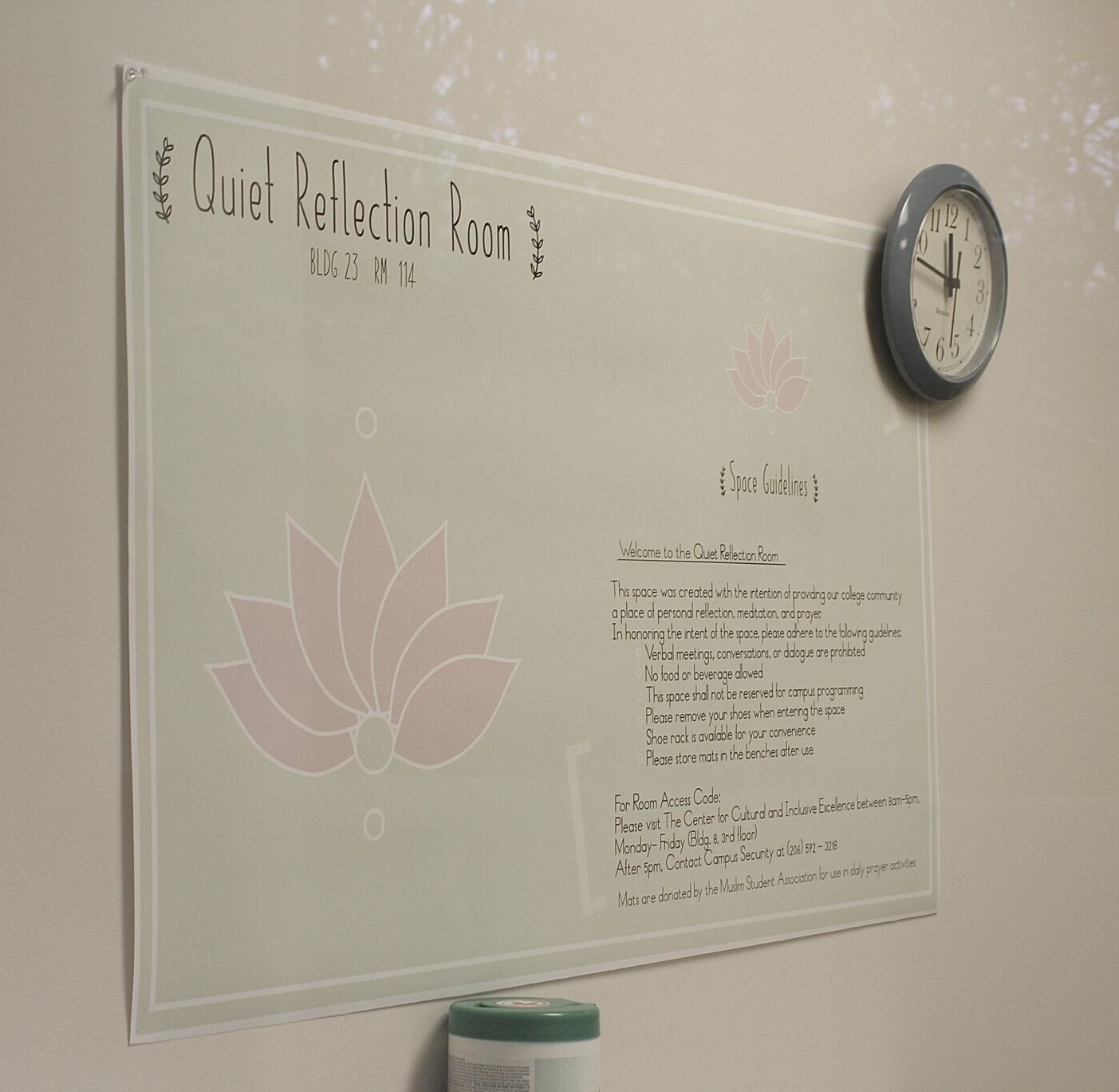Mindfulness is a practice, which, if done regularly, can produce positive outcomes surrounding the reduction of stress and anxiety.
To practice mindfulness means to “calm, silence, or train the mind,” according to Dr. Renee Enriquez, an assistant professor at the UT Southwestern Medical Center. Telling your mind to calm down when you have a list of assignments calling your name isn’t always easy, which is why there are multiple ways of going about this exercise.
Breathing, a simple yet vital function, has the power to do much more than keep you alive. Along with its essential property, focusing on your breath helps us to regroup, refocus and “observe our thoughts, but to let them pass without judgment,” says Enriquez.
The most common and basic form of meditation is called concentrative meditation, which involves focusing on the mind with little to no concentration on anything else.
Although Enriquez mentions that meditation can also be demonstrated through two other categories – expressive and movement meditation. These categories involve exercises such as yoga, walking, positive self-talk, prayer, and mindfulness meditation, where you focus solely on your breath and progressively relax the mind.
According to the American Psychological Association, more than 60% of students report feeling stressed almost every day. Part of that 60% include students like Sofia Nguyen, a determined scholar on her way to transferring to UW. Ngyuen states that the pressures of school on students becomes so high as other variables such as home life, social social life, and mental health are, if not more, equally as important.
As someone with anxiety, Nguyen claims that breath work, a form of mindfulness meditation, has calmed her down on multiple occasions surrounding panic attacks. Stress management being “incredibly important to students,” Ngyuen also stands for making stress reducing techniques a priority when it comes to the wellbeing of students.
So, when you’re feeling the heat of deadlines, exams, or the demands of life itself, through each of these methods you can learn to train your mind and body to respond to the stress in a more positive way. Whether it be through expressive, movement, or concentrative exercises, practicing mindfulness allows enough room for you to do what naturally fits your stress-relieving preferences.
The practice of managing stress and anxiety can be an overwhelming activity alone, as it takes more than one try to master. Tara Brach, a psychologist and founder of the Insight Meditation Community of Washington, hosts virtual and in person guided meditation sessions – free of charge!
Brach’s sessions consist of basic meditation techniques as well as “Tara Talks”, where she dives into the many ways of releasing stress and anxiety, to then unlocking your highest potential. You can access event information on her blog, Tara Brach or on YouTube.
As you begin this journey of learning how to calm the mind, you may notice that it takes time to master the art of befriending your mental obstacles. Remember, practicing mindfulness leaves no room for anticipation or pressure, so don’t worry about becoming an expert just yet.
Keeping this in mind, allowing yourself to experience it just once is one step towards reaping the benefits of staying present and especially prepared to take on the day’s daunting tasks.

